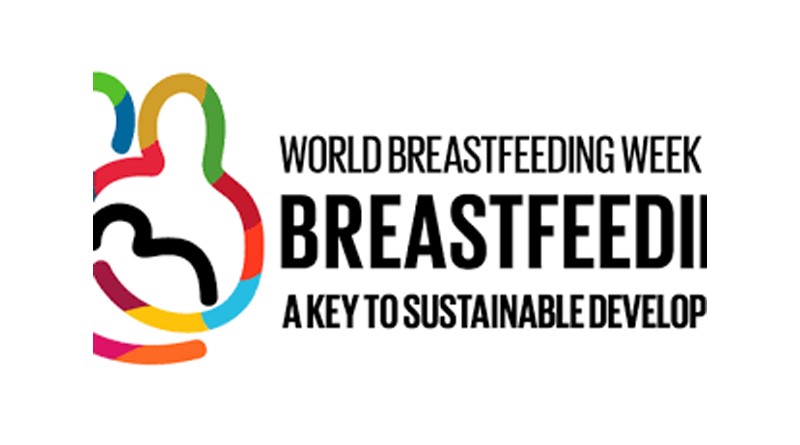World Breastfeeding Week 2019: UNICEF, WHO sue for robust family-friendly policies
In commemoration of the 2019 World Breastfeeding Week under the theme: “Empower Parents, Enable Breastfeeding,” the duo of United Nations Children’s Fund (UNICEF) and World Health Organisation (WHO) have called on governments across the globe to adopt robust family-friendly policies that support breastfeeding across the world. The Week is celebrated every year from 1 to 7 August and is aimed at encouraging breastfeeding towards improving the health of babies around the world.

According to a statement jointly signed by the Executive Director of UNICEF Herientta Fore and the Director-General of WHO Tedros Adhanom Ghebreyesus, family-friendly policies, such as paid parental leave, enable breastfeeding and help parents nurture and bond with their children in early life, when it matters most.
“The evidence is clear that during early childhood, the optimal nutrition provided by breastfeeding, along with nurturing care and stimulation, can strengthen children’s brain development with impacts that endure over a lifetime,” said UNICEF/WHO in their joint statement to commemorate the 2019 World Breastfeeding Week. “As the world marks World Breastfeeding Week, WHO and UNICEF call on governments and all employers to adopt family-friendly policies – including paid maternity leave for a minimum of 18 weeks, and preferably, for a period of six months – as well as paid paternity leave.”
The duo noted that, mothers needed time off from work to recover from birth and get breastfeeding off to a successful start. “When a breastfeeding mother returns to work, her ability to continue breastfeeding depends on having access to breastfeeding breaks; a safe, private, and hygienic space for expressing and storing breastmilk; and affordable childcare at or near her workplace,” said the statement.
“We also call for greater investments in comprehensive breastfeeding programmes, improved breastfeeding counselling and support for women in health facilities and the community, and an end to the promotion of breast-milk substitutes to enable parents makes informed decisions on the best way to feed their infants,” UNICEF/WHO urged.









